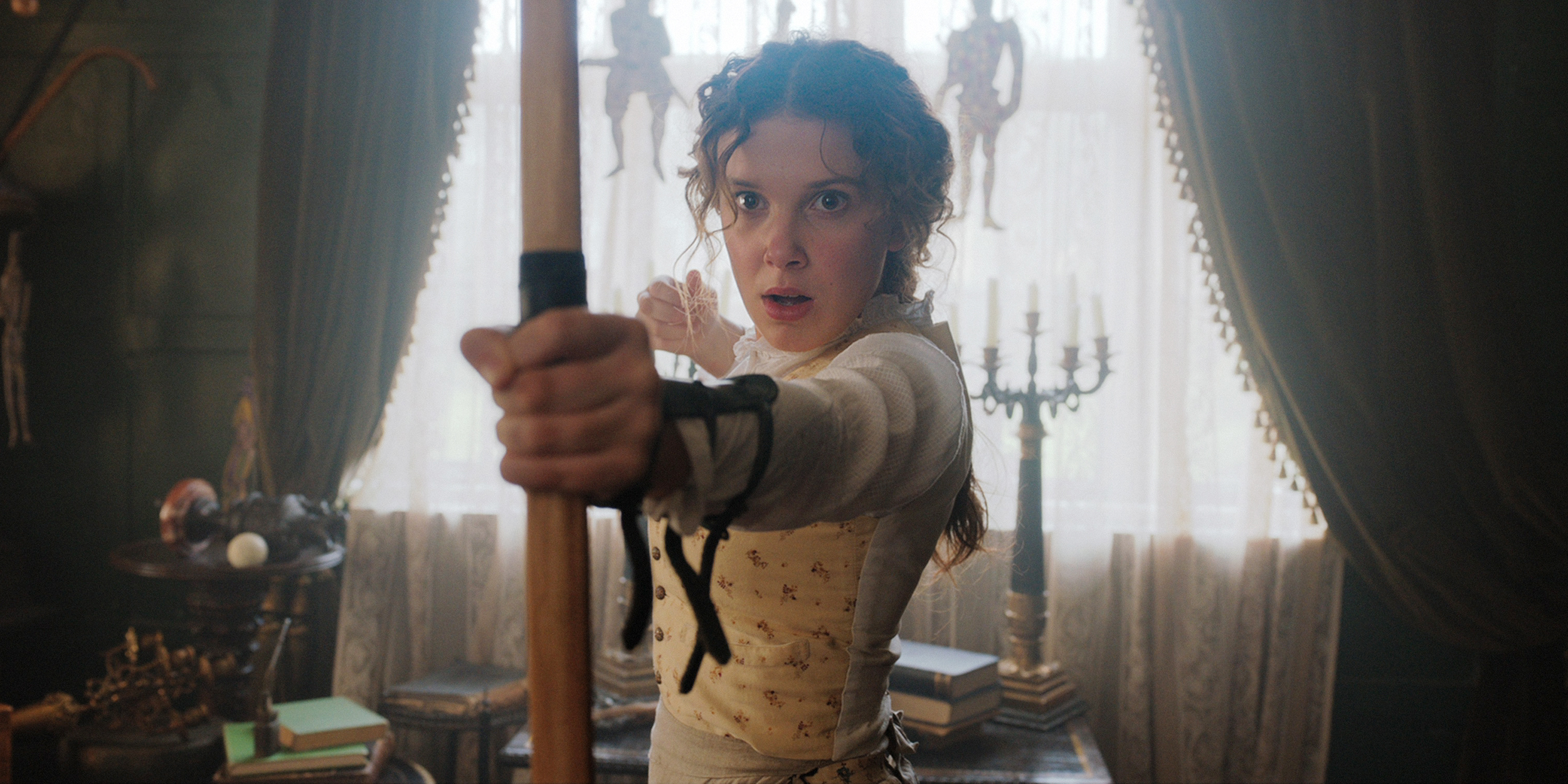Possessor
by Hope Madden
It’s been eight years since Brandon Cronenberg swam familiar family waters with his feature debut, Antiviral. He is back with another cerebral, body-conscious fantasy thriller and my first thought is dayyuuuummmmn…
Son of the master of corporeal scifi horror David Cronenberg, Brandon appears to come by his fixations naturally. With Possessor, he travels along with a high end assassin (Andrea Riseborough) who uses a piece of tech (inserted directly into the squishy brain, naturally) to body hop from one mark to the next. She enters one body, takes it over, executes the hit and moves on.
That last part has started to cause some issues, though.
As it was with Antival, much of the world building here is left to our imagination and the film is stronger for it. Possessor’s internal logic is solid enough to be the entire plot. The context is impeccably rendered, providing the most disturbing landscape for Riseborough and her primary avatar, played by the nicely understated Christopher Abbott.
All of it proves an incredible piece of misdirection for what the film is actually accomplishing.
For much of the running time, the chameleonic and underappreciated Riseborough’s Tasya Vos plays an observant interloper—exactly what we are in this weirdly meticulous and recognizable future world. Showy jabs about privacy, appropriation, gender definition and capitalism are simultaneously clever and intentionally distracting.
Cronenberg’s created a gorgeous techno world, its lulling disorientation punctuated by some of the most visceral horror to make it to the screen this year. There is something admirably confident about showing your influences this brazenly.
Credit Cronenberg, too, for the forethought to cast the two leads as females (Jennifer Jason Leigh playing Riseborough’s boss). The theme of the film, if driven by males, would have been passe and obvious. With females, though, it’s not only more relevant and vital, but more of a gut punch when the time comes to cash the check.
Possessor is a meditation on identity, sometimes very obviously so, but the underlying message takes that concept and stabs you in your still-beating heart with it.













